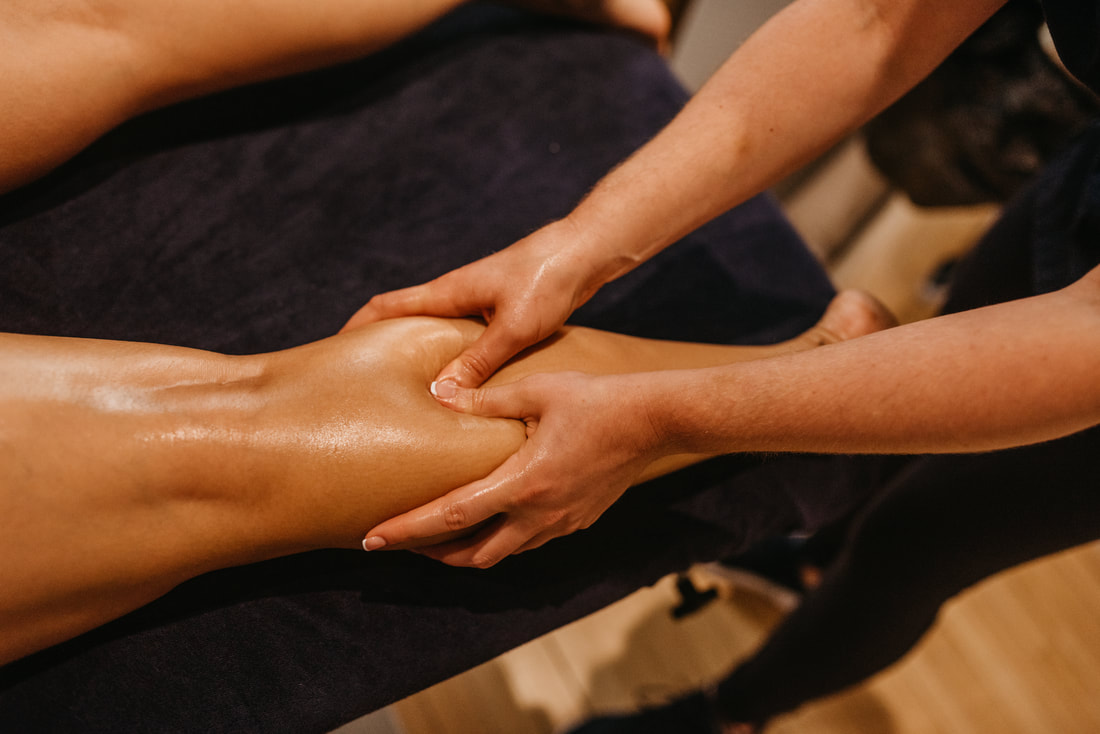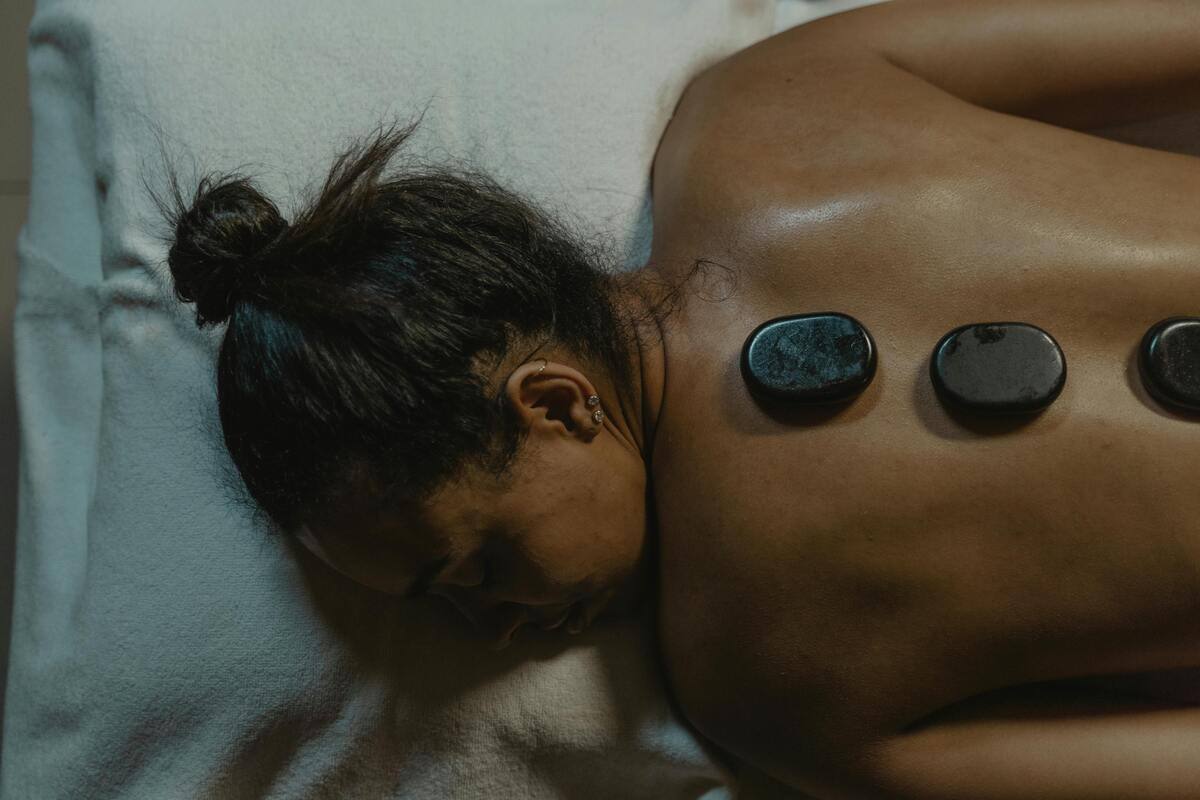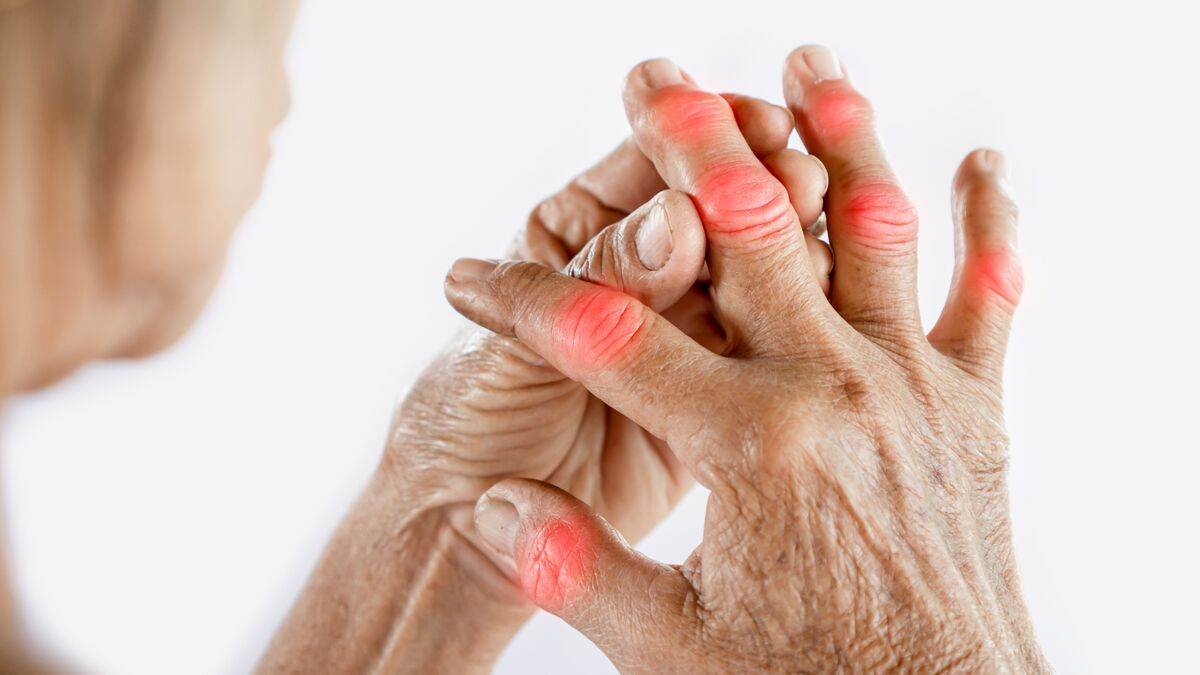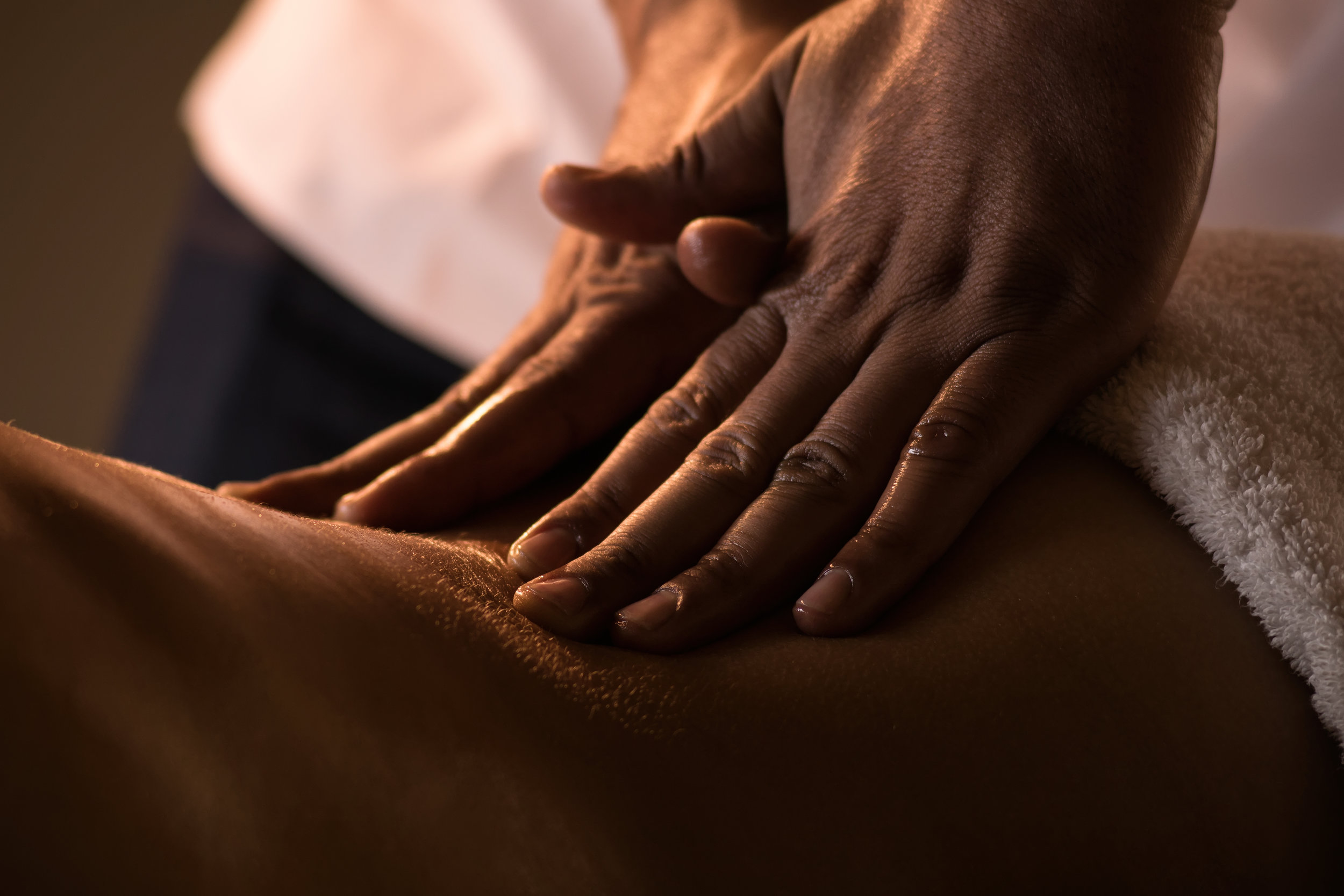
Massage can offer several benefits for muscle recovery from resistance training. These benefits are particularly relevant for individuals who engage in intense workouts or strength training. Here are some of the advantages of massage in this context:

- Reduced Muscle Soreness: Massage can help alleviate muscle soreness and discomfort associated with resistance training. It can reduce muscle tension and soreness by improving blood flow to the muscles, which helps to remove metabolic waste products that accumulate during exercise.
- Enhanced Blood Flow: Massage promotes increased blood circulation to the muscles, which can facilitate the delivery of oxygen and essential nutrients. Improved blood flow can also speed up the removal of waste products, like lactic acid, from the muscles, reducing post-workout stiffness.
- Improved Range of Motion: Massage can help increase flexibility and joint mobility. This can be especially helpful after intense resistance training sessions, as it may help prevent injuries and ensure proper recovery.
- Relaxation and Stress Reduction: Stress can impair the body’s ability to recover. Massage induces relaxation and reduces stress, which can positively affect muscle recovery. It triggers the release of endorphins, which are natural painkillers and mood elevators.
- Decreased Inflammation: Massage can reduce inflammation in the muscles. By manipulating the soft tissues, it can help reduce inflammation and promote the healing of micro-tears that occur in the muscles during resistance training.
- Enhanced Waste Product Removal: Through the application of pressure and manipulation of the muscles, massage can assist the lymphatic system in removing waste products, further aiding in recovery.
- Injury Prevention: Regular massage can help identify potential problem areas and address them before they become serious injuries. It can also help identify muscle imbalances that might be exacerbated by resistance training.
- Psychological Benefits: The psychological aspect of recovery is often overlooked. Massage can provide a sense of relaxation and well-being, helping athletes feel better mentally, which can, in turn, support their physical recovery.
- Improved Sleep: Many people find that massage helps them sleep better. Quality sleep is crucial for recovery and muscle repair.
- Mind-Body Connection: Massage can help individuals become more attuned to their bodies. This increased awareness can aid in recognizing when muscles need more recovery time or when they are ready for another training session.
- It’s important to note that while massage can be highly beneficial for muscle recovery, it is just one component of a comprehensive recovery plan. Nutrition, hydration, adequate rest, and appropriate stretching and mobility exercises also play crucial roles in supporting recovery after resistance training. Additionally, individual preferences for massage techniques and timing may vary, so it’s important to find what works best for your specific needs and goals.




